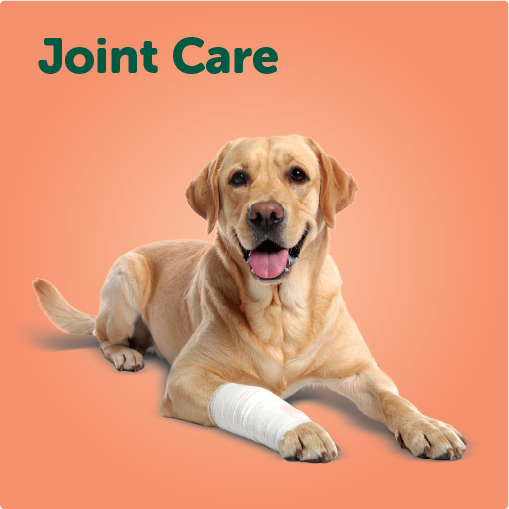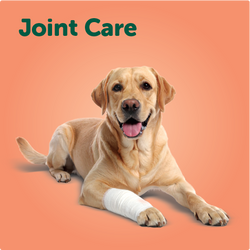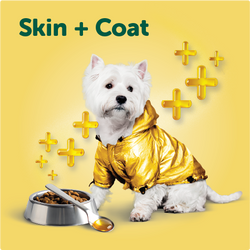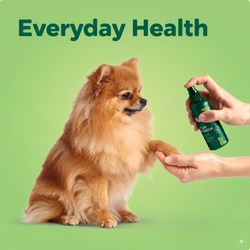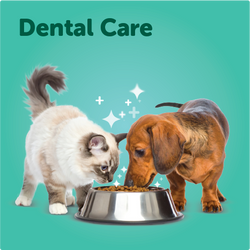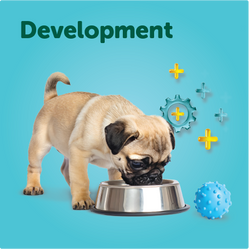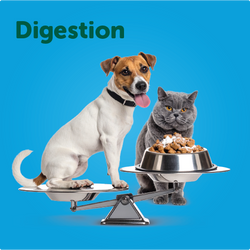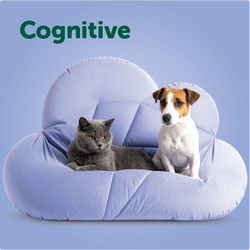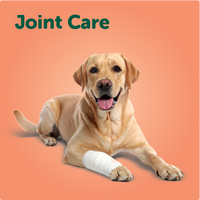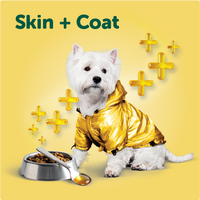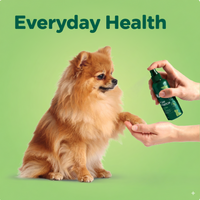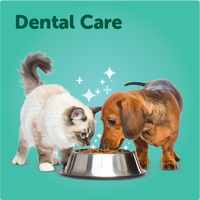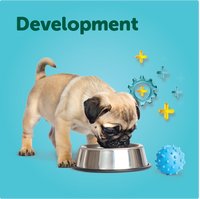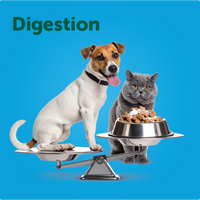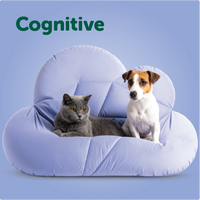
Freshness You Can Trust: Why NAS Omega Oils Stay Stable Without a Capsule

If you’ve ever wondered whether liquid omega oils spoil faster than capsules, you’re not alone. It’s one of the most common questions we get from pet parents. The truth is, the freshness and stability of an omega oil depends on how it’s formulated, protected, and stored, not whether it’s bottled or encapsulated.
At Natural Animal Solutions®, our goal is simple: to deliver omega blends that are safe, pure, and nutritionally powerful without the need for a capsule. With the right processes in place, liquid omega oils stay fresh and effective from the first pour to the very last drop.
How NAS Protects Every Bottle of Omega Oil
Omega oils are naturally sensitive to oxidation, a process that can change their taste, aroma, and nutrient quality over time. With the right approach, we can manage this process effectively and protect the quality of every bottle:
Natural Antioxidant Support
Vitamin E and Naturox® rosemary extract work together to slow oxidation and preserve potency, keeping your pet’s omegas effective and fresh.
Careful Filling and Sealing
Each bottle is handled under controlled conditions to lock in freshness and limit air contact before capping.
Ongoing Quality Testing
Our omega oils undergo regular testing for peroxide values and acidity to confirm purity, stability, and safety. We work closely with trusted suppliers and perform routine quality checks to ensure consistent results across all batches.
The result is that every spoonful you add to your pet’s meals remains rich in essential fatty acids, to help support healthy skin, a glossy coat, flexible joints, and overall wellbeing.
Storage and Shelf Life: Keeping Your Omega Oils Fresh
Once opened, we recommend keeping NAS Omega Oils in the refrigerator to help maintain their quality. When stored in a cool, dark place and tightly sealed between uses, the oils remain stable and effective. We recommend disposing of any bottle that has been open for six months.
Proper storage ensures your pet gets the full benefit of every drop, maintaining the nutritional integrity and palatability of your omega oil.
Capsules vs. Liquid Oils: Understanding the Difference
Capsules offer slightly more protection from oxygen, but our liquid omega oils are carefully formulated and packaged to maintain excellent stability and freshness while being easier and more economical to use. Each bottle is filled in a controlled environment and sealed with a thermal foil layer to help limit oxidation.
Liquid oils also have excellent palatability, and most pets enjoy the taste. This makes it simple to drizzle over meals for everyday use. It is a convenient and cost-effective way to give your pet the same high-quality omegas without the fuss of hiding capsules.
 Naturally Protected and Professionally Trusted
Naturally Protected and Professionally Trusted
Every bottle of NAS Omega Oil is crafted with continuous protection in mind. Salmon varieties are enriched with Vitamin E and Naturox® rosemary extract for antioxidant defence. Combined with careful filling and sealing, strict laboratory testing, and sustainable ingredient sourcing, these steps ensure every bottle delivers trusted NAS quality from the first drop to the last.
Relevant Literature and Scientific References
Frankel, E.N. (2012). Lipid Oxidation. Woodhead Publishing.
This comprehensive text delves into the chemistry of lipid oxidation, emphasizing the role of antioxidants in preserving oil quality. Google Books
Turchini, G.M., Ng, W.K., & Tocher, D.R. (2010). Fish Oil Replacement and Alternative Lipid Sources in Aquaculture Feeds. Animal Feed Science and Technology.
This review discusses the challenges and strategies in replacing fish oil with alternative lipid sources in aquaculture, highlighting the importance of lipid quality and stability. G.M. Turchini, W.-K. Ng and D.R. Tocher (eds): Fish oil replacement and alternative lipid sources in aquaculture feeds | Aquaculture International
Hall, J.A., Picton, R.A., Skinner, M.M., & Jewell, D.E. (2011). The Impact of Dietary n-3 Fatty Acids on the Canine Immune System and Inflammatory Response. Journal of Veterinary Internal Medicine.
This study examines the effects of n-3 fatty acids on canine health, providing insights into the benefits of omega-3 supplementation. AVMA Journals
